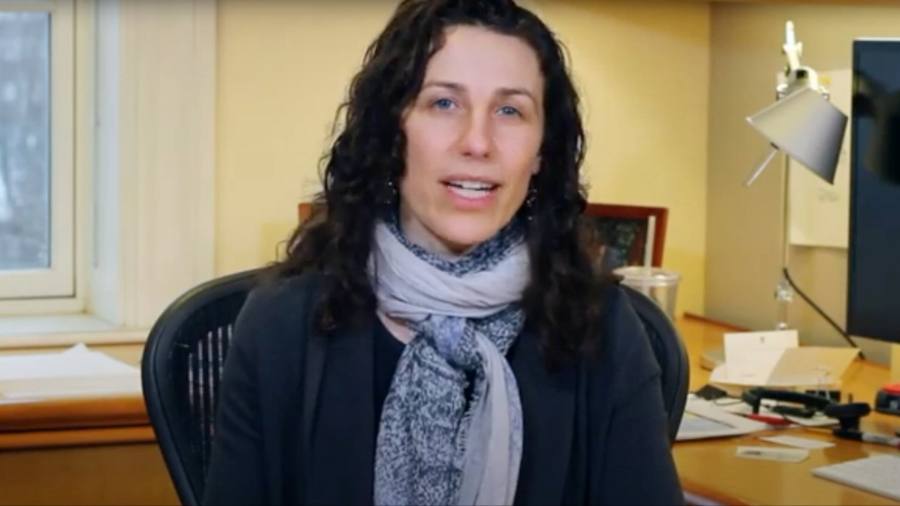A high-profile expert on ethics and dishonesty is facing allegations of dishonesty in her own work and has taken administrative leave from Harvard Business School.
Francesca Gino is one of HBS’s best-known behavioural scientists and author of Rebel Talent, a 2018 book with the subtitle “Why It Pays to Break the Rules at Work and in Life”.
The controversy, which centres on the use of allegedly fraudulent data in published papers, is the latest to hit the field of behavioural science and psychology research. Some well-publicised findings in the discipline have proved hard to replicate, casting a shadow over the highly modish branch of management studies and social science.
Gino, whose work has been widely cited, including in the Financial Times, has been a professor of business administration at HBS since 2014. Her HBS profile was recently altered to indicate that she is on administrative leave. She did not respond to FT requests for comment via email and social media. A Harvard Business School spokesman said: “We have no comment at this time.”
A group of academics who compile the DataColada blog about the evidence behind behavioural science has started publishing a series of posts in which they say they will detail “evidence of fraud in four academic papers” co-authored by Gino. “We believe that many more Gino-authored papers contain fake data,” they wrote in the first post of the series, which appeared on June 17.
The allegations, first reported in the The Chronicle of Higher Education, have unsettled US behavioural scientists. Katy Milkman of University of Pennsylvania’s Wharton School, tweeted the first DataColada post, urging anyone in the field to read it immediately. Alongside a nauseated-face emoji, she said: “We have to do better”.
Contacted by the FT, Milkman declined to comment further other than to describe the controversy as “devastating”. Sa-kiera Hudson of Berkeley’s Haas School of Business tweeted that she was “supremely sceptical of the folks who decide to police what is real vs fake science and who is doing it ‘well’”.
In 2021, a 2012 paper on dishonesty by Gino, behavioural economist Dan Ariely, and other co-authors was retracted from the journal Proceedings of the National Academy of Sciences after the DataColada team suggested there was fraud in one of the experiments involved.
In response to that DataColada intervention, Gino thanked the DataColada team for their work, “which vastly improves our research field”. “I start all my research collaborations from a place of trust [her emphasis] and assume that all of my co-authors provide data collected with proper care and due diligence, and that they are presented with accuracy,” she said.
A Harvard Business School co-author of that paper, Max H. Bazerman, wrote in response to DataColada: “I wish I had worked harder to identify the data were fraudulent, to ensure rigorous research in a collaborative context.”
Ariely told the FT in 2021 that “at no point did I knowingly use unreliable, inaccurate, or manipulated data” in research for the 2012 paper. He expressed regret he had not sufficiently checked data supplied for the study.
Read the full article here




